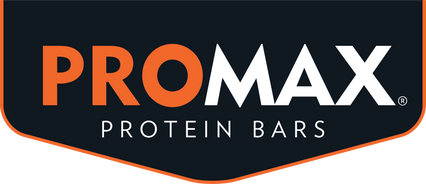How To Avoid Overtraining
May 13, 2016
Some people have an enormous amount of focus and drive that helps them to reach their workout goals. And once they've reached those goals, they want to set new ones. This is a pretty natural reaction. You've accomplished your fitness mission, but now you need something new to keep you on track and lifting, running, swimming, or whatever your workout consists of. But this drive can actually become detrimental if you don't give yourself enough time to rest and recover. In fact, you may reach a state that experts refer to as overtraining.
Overtraining usually starts as an overreach in your fitness schedule. You feel fatigued or worn down, but instead of listening to your body, you push yourself to stay on track and continue training without sufficient rest. This can lead to overtraining, and it's not a small thing for an athlete to deal with. The symptoms of overtraining include a drop in performance, a decrease in training capacity and ability to recover, fatigue, frequent sickness, sleep disturbances, and weight loss.
Overtraining ends up suppressing the immune system because the athlete isn't getting enough recovery time, and this can lead to colds and illnesses. It also affects them psychologically, leading to a lack of sleep, irritability, and even depression. And lastly, overtraining leads to a vicious cycle in performance. Athletes want to perform better, but they can't. So they try harder to improve their performance, which only exacerbates the problem. So how does an athlete get himself or herself out of this vicious circle? The simple answer is rest.
Significantly reducing training, or stopping it altogether is the only way to really see an improvement. Within two weeks you should start to see some improvement, but that doesn't mean you should immediately jump back into training as soon as two weeks are up. During your extended rest you should eat healthy, nutritious foods, get as much sleep as you can, and try to relax and stay positive about your workout routine. Anyone with a typical “type A” personality is probably more at risk for overtraining. Being driven, high achieving, and successful are all good qualities, but they can easily lead to an overreach in running, lifting, or any other type of training.
Only with proper rest and nutrition will you be able to recover and get back to training. If you're in an overtraining state, you're already setting yourself back, so stopping as soon as possible is the best way to get yourself back on track. So if you're feeling worn down or see your performance slipping, take a step back and evaluate your workout regimen. There's no sense in pushing yourself so far that you no longer see returns on your workout.
And if you do need some help recovering, pick yourself up a Promax protein bar. Packed with protein and the nutrition your body needs, they've got everything you need to recover and get back to training.



